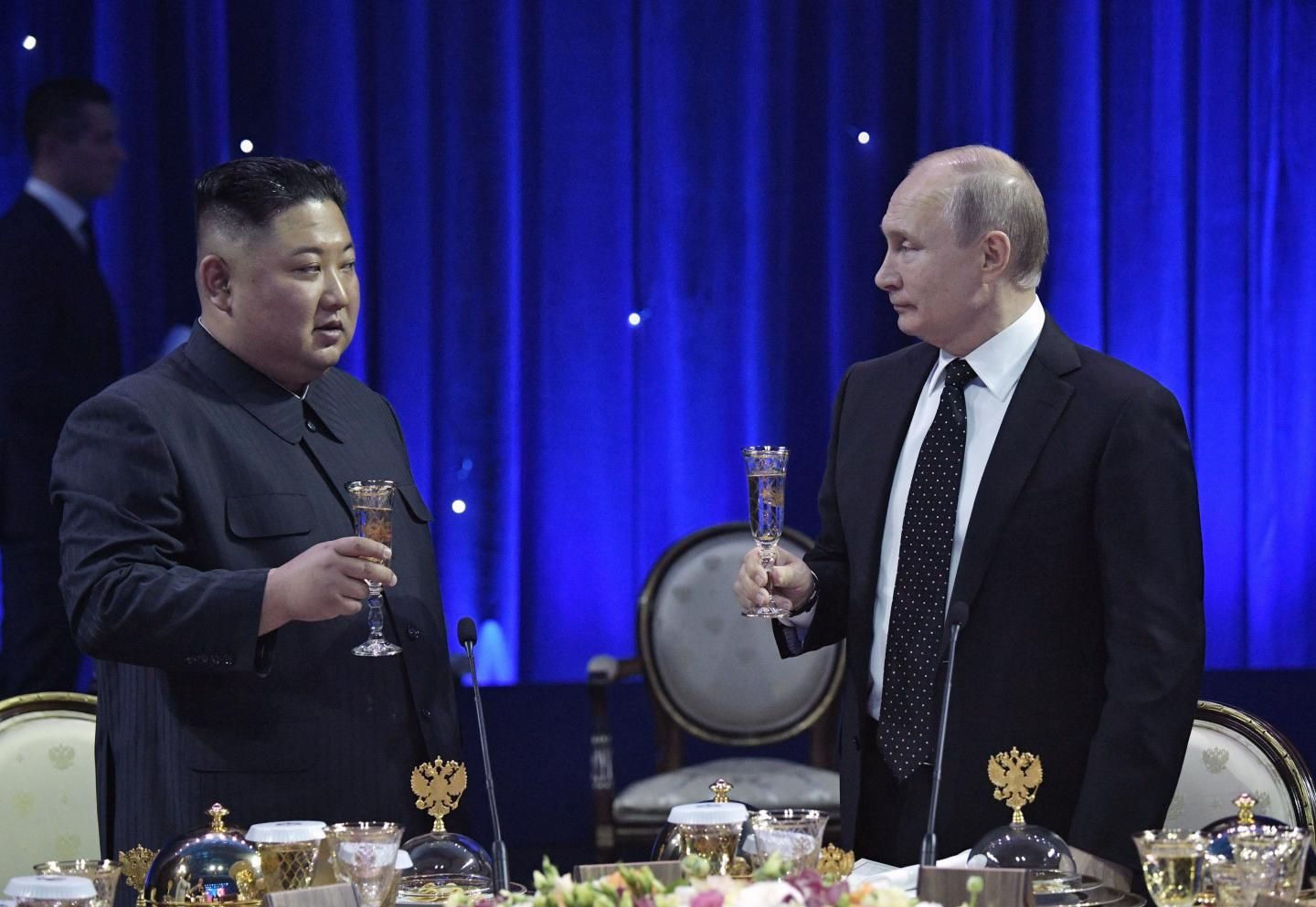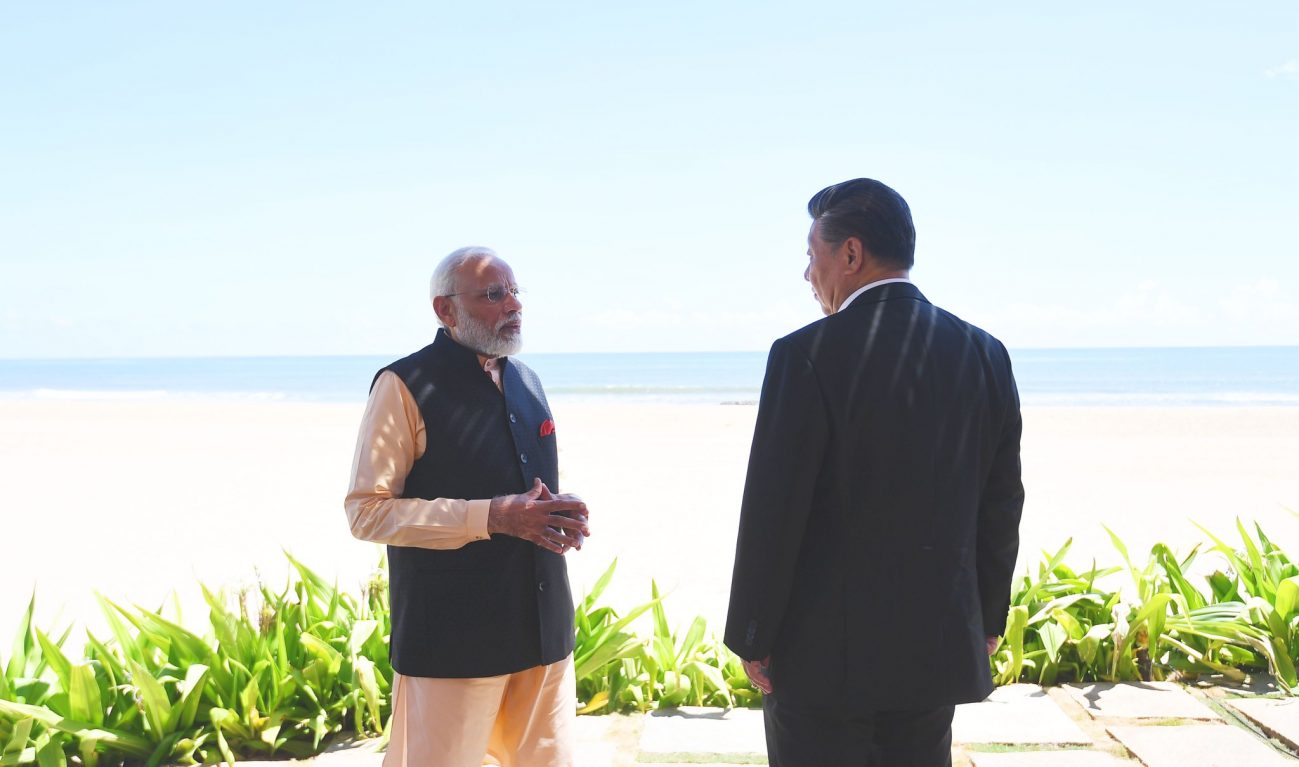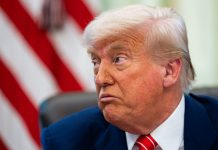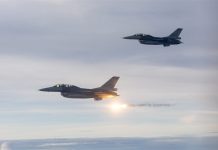OPED By Padma Shri KN Pandita
In an earlier statement, President Putin had said that Russia could not fight the joint resistance by the combined European powers, but Russia enjoyed superior nuclear deterrence.
In other words, he meant that if the NATO members became overwhelmingly strong to punish the Russian fighting force, Moscow would be left with only nuclear options, which meant the Third World War.
It has to be remembered that only recently have Ukrainian troops been able to push back the Russians and recapture large chunks of land in Eastern Ukraine.
The western countries have showered the Ukrainian troops with praises. Additionally, President Biden announced a package of 600 million dollars to Ukraine to refurbish its resistance forces with more sophisticated and lethal weapons.
It will be recalled that only a day or two after the conclusion of the Samarkand Summit, President Biden warned Russia not to think of using chemical and biological weapons in the ongoing war with Ukraine.
Evidently, the American intelligence agencies have made a deep probing into Russia’s future plans for the war.
If Ukraine can sustain its resistance to the Russian offensive, it is likely to have a bearing on the situation in Taiwan. It will serve as a booster to the US to accelerate the anti-China agenda among the pro-American chapters in Taiwan.

The Third World War scenario would mean the decisive battles in the Indian Ocean or the Chinese Sea. This does not augur well for China in the overall situation prevailing in that part of Asia.
These are genuine and pragmatic concerns for China, and she has conveyed them to Putin at a crucial meeting in Samarkand.
In the second instance, the remarks of PM Modi in the course of his bilateral sideline meeting with Putin in the context of the Ukrainian conflict are also highly significant.
Russia is a close friend of India, and their friendly relations have survived many vicissitudes of history. The west has always associated India with the impact of socialist ideology and closeness to Russia.
But the history of Russian and Indian cooperation notwithstanding, Modi very frankly spoke the meaningful sentence to Putin. He said, “This is not the era of war but dialogue.”
This one sentence contains a bundle of suggestions in a friendly manner. The US and the EU should understand that India may not have signed the condemnation resolution against Russia, but she has used its goodwill to impress upon Putin that war is no solution to any problem.
He repeated that dialogue, diplomacy, and democracy are the catchwords with the younger society of contemporary times. Indirectly, Modi told Putin that the option of dialogue with the Ukrainian authorities was the right option for tackling the recalcitrant Ukrainian authorities.
Diplomacy would have entailed broaching the issue with primary actors or stakeholders and those in the political landscape who assigned themselves stakes in the conflict.
And as far as democracy is concerned, the idea is a red rag to the bull. The spirit of democracy is imperishable. Putin could not convince Modi that Moscow acted right in Ukraine.
Only good and sincere friends would tell Putin of his shortcoming in Ukraine and yet remain the most important Asian ally of Russia. This explains that the relationship between India and Russia has come of age and serenity.

The question that political observers may ask is this: “Is China’s and India’s caution going to impact the future course of the Ukrainian war or not? Well, the honest answer would be that India and, for that matter, China, too, have responded to their inner conscience and conveyed it in subtle yet clear words to President Putin.
The decision rests with him. But we have also noted that in reply to Modi’s statement, Putin said somewhat helplessly that he is for a dialogue to resolve the deadlock, but “they (meaning Ukrainian authorities) want to solve it through the use of force only.
We have often heard Ukrainian President Volodymyr Zelenskyy saying that he wants talks with the Russian President on the latter’s calling. He will have to give up the aggressive attitude and observe the established norms of statecraft.
The real spadework in such cases is carried out by the accredited emissaries of respective countries. The one-to-one meeting of the Heads of the Government/State is a recognized formality, and the TV channels just show the handshakes and courtesies exchanged at the highest levels.
We believe that Moscow will most likely revisit its policy and war against Ukraine and propose a ceasefire. The two sides will have to sit down in expectation of a mutually accepted formula to leave the crisis and move forward.
Sufficient clues have fortunately come out of the Summit suggesting that a revisit of the policies, plans, and agreements will be framed, keeping in mind the great threat of the Third World War consuming a large chunk of humanity in the shortest possible time.
Trading nuclear, chemical, or biological weapons as the gift of advanced technology is not the weapons with which their possessors can play. It will be self-destruction.
Yes, two questions are of utmost importance if we want normalcy to prevail in an era of surcharged emotions on regional and global levels. The UN must use its power and influence to impose a ban on proxy wars, which are at the root of regional conflicts, be it Iran and Saudi, Iran and Israel, India and Pakistan, or the US and Russia.
Secondly, a mechanism must be evolved to do away with the sanctions syndrome because it has wreaked havoc not only on the involved country but also on the vast unsuspecting humanity at large.
All sides and all groups have to show great regard for human rights and not pursue their self-made mechanism to wriggle out of the sanctions imposed. Western countries, including the US, should give desired importance to the small indications of a change one met with in
Samarkand summit.
The interlocutors have to be identified to take up the mission.
- The writer is the former Director of the Centre of Central Asian Studies, Kashmir University
- Mail EurAsian Times at: etdesk@eurasiantimes.com
- Follow EurAsian Times on Google News




